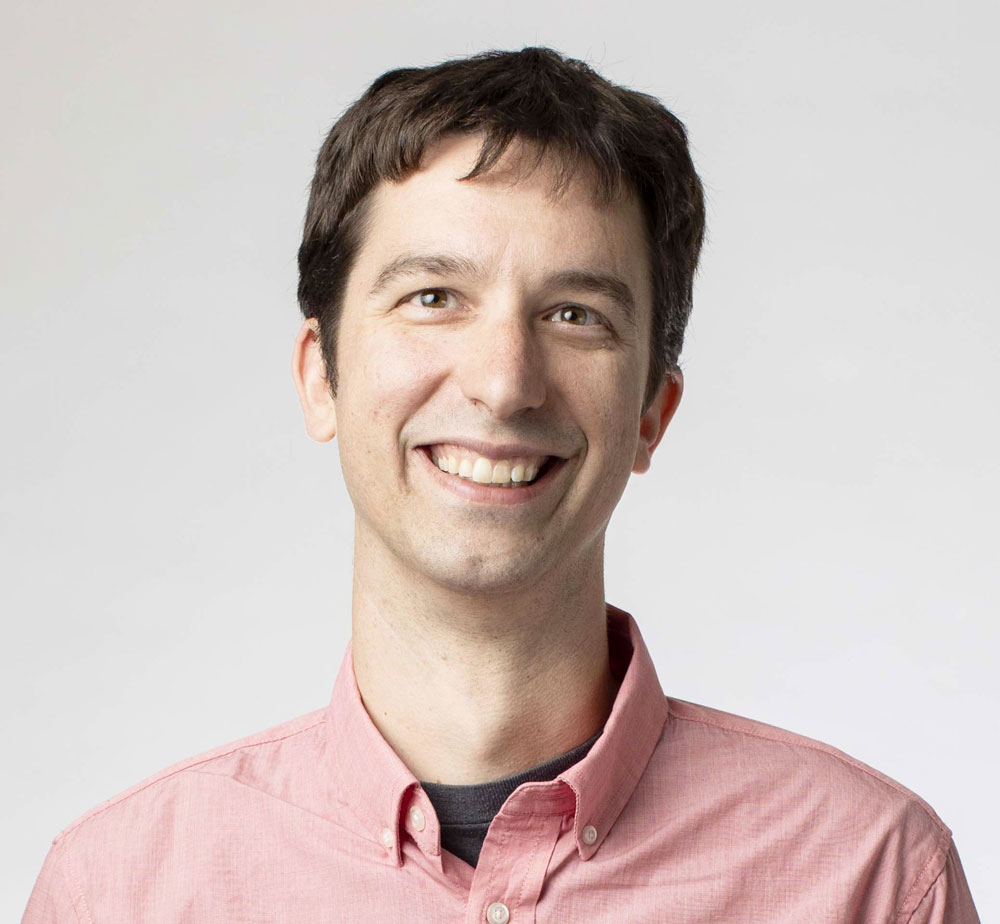
Towards precise editing of the microbiome within the gastrointestinal tract
Event Details
Add to Calendar
Location
https://berkeley.zoom.us/j/98857656137
Subscribe to our calendar to stay up to date on all our events.
Summary
Mechanistic insights into the role of the human microbiome in the predisposition to and treatment of disease are limited by the lack of methods to precisely add or remove microbial strains or genes from complex communities. I will discuss our ongoing efforts to use CRISPR-Cas systems and bacteriophage to edit the microbiome within the mouse gut. We first established proof-of-concept with bacteriophage M13 and Escherichia coli. Extension to other gut bacterial species will require both novel genetic tools and the identification of suitable viruses for gene delivery. We identified and harnessed an endogenous type I-C CRISPR-Cas system in the disease-associated Actinobacterium Eggerthella lenta to confirm that a single gene is necessary for immune activation in the colon. We and others have isolated lytic bacteriophage targeting E. lenta; however, the bacterium evades phage targeting within the mouse gut. Taken together, these results provide initial support for the feasibility of microbiome editing in E. coli, while highlighting the numerous challenges ahead for generalizing these approaches to other human gut bacterial species of interest.
Speaker
